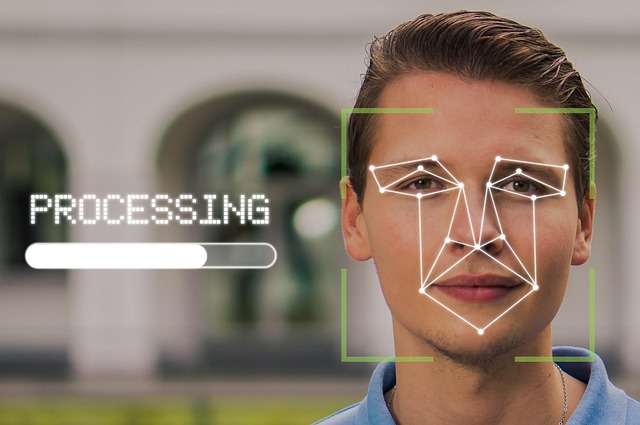In an era dominated by rapid technological advancements, the importance of practicing digital self-defense in our daily communications cannot be overstated. As we navigate through social media, instant messaging, and video calls, it’s essential to understand technology etiquette and the ever-evolving social trends that shape our interactions.
Technology etiquette refers to the unwritten rules that guide respectful and responsible behavior online. With the rise of digital communication, we often find ourselves in situations where the absence of body language and tone can lead to misinterpretations. To practice digital self-defense, it’s crucial to be aware of how our messages may be perceived. For instance, a simple text can take on multiple meanings based on punctuation or the lack thereof. Therefore, being intentional with our words and considerate of the recipient’s feelings is a powerful defensive strategy in the digital realm.
Social trends play a significant role in shaping how we communicate and interact online. The prevalence of social media means our messages can be shared widely and swiftly. This amplifies the consequences of our digital communications, making it necessary to be strategic about what we post or comment on. Engaging with trending topics can lead to more visibility, yet it’s vital to approach these discussions thoughtfully. Digital self-defense might entail refraining from sharing information that could be misleading or harmful, as our online presence is often seen as a reflection of our values and beliefs.
Another aspect of technology etiquette is understanding the importance of privacy settings and awareness around data security. With the constant barrage of information, individuals are often unaware of the risks associated with oversharing personal details. Practicing digital self-defense includes knowing how to protect your data and understanding the implications of your online footprints. Reviewing privacy settings on social media platforms and being aware of what information you are comfortable sharing is essential for maintaining control over your digital identity.
Moreover, the emergence of cancel culture and its social impact highlights the importance of practicing kindness and empathy in our digital relationships. In today’s climate, a misstep or an unintentional offense can lead to public backlash. Therefore, engaging in constructive conversations rather than placing blame promotes a healthier online environment. Digital self-defense, in this context, means considering how our words and actions can affect others while advocating for understanding and growth.
Lastly, as technology continues to evolve, so does the landscape of communication. Staying informed about emerging trends, such as the rise of AI-generated content, virtual reality interactions, and the nuances of different platforms, is crucial for effective digital self-defense. By enhancing our digital literacy, we not only protect ourselves but also contribute to a more respectful and responsible online community.
In this fast-paced digital world, practicing digital self-defense is not merely a precaution; it’s a necessary skill that we all must cultivate. By being mindful of technology etiquette and aware of social trends, we can navigate our digital communications with confidence and integrity.




